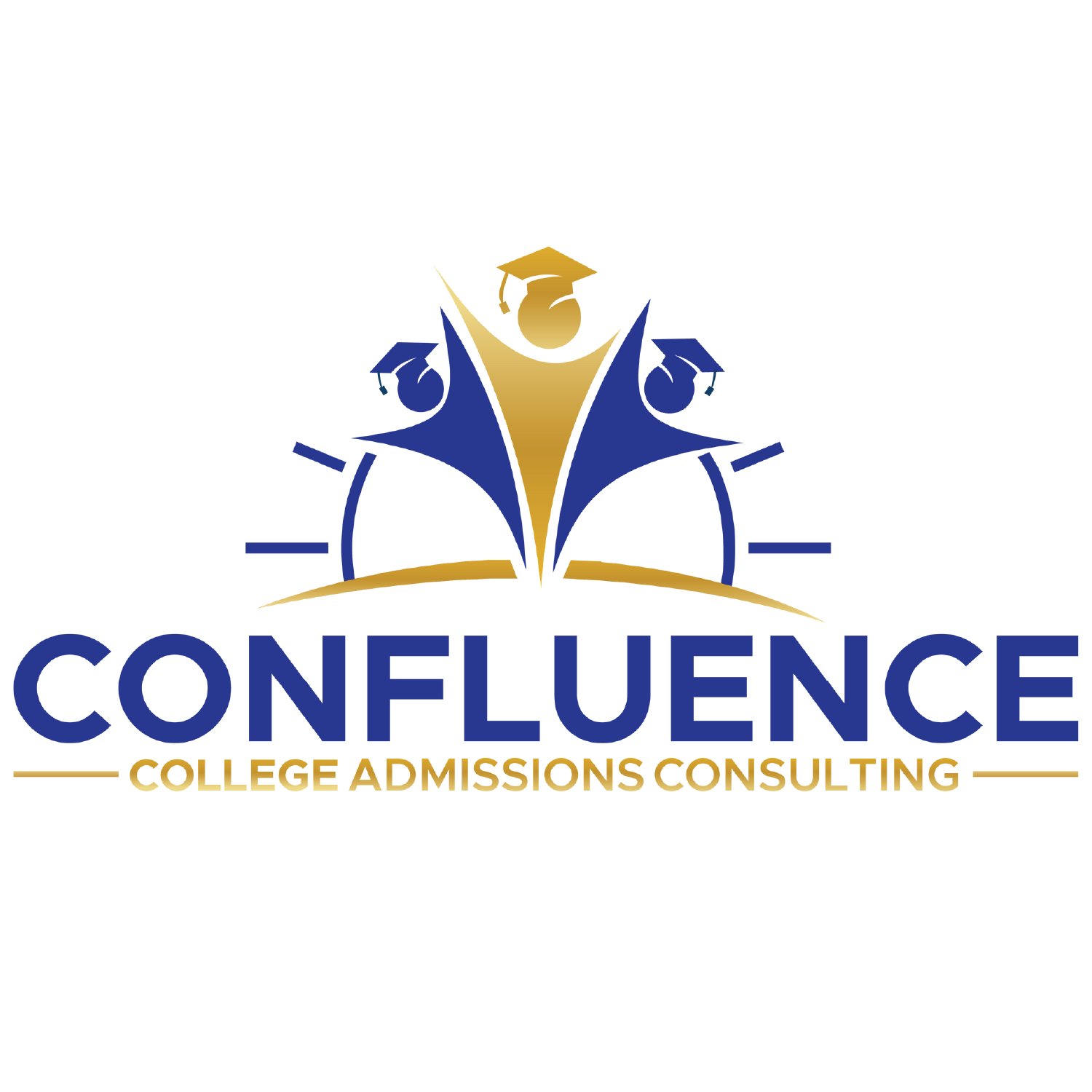Falling in “like” with colleges
When students are in the midst of researching and visiting colleges, it’s always nice to hear them report that they’ve fallen in love with a particular school. Visiting a college, you can get a good feel for the personality and atmosphere at that school, and as a visiting prospective student you may immediately feel welcome and at home there.
While it’s great when this happens, I caution students about developing tunnel vision and focusing on a single school. If it’s a selective school, there’s always the chance you’ll get rejected there—even if your application materials are strong. There’s also the possibility the school will offer less financial aid than you were expecting, or none at all. For these reasons, I encourage my clients to “fall in like” with multiple schools.
A few thoughts along these lines:
While it is true that a great personal statement or letter of recommendation can make a difference on a college application, unless something really stands out on your list of awards and activities, most colleges and universities will default to “measurables” such as GPA and test scores. If these are well below the average of the school’s most recent freshman class, your likelihood of being accepted is low.
Being rejected or waitlisted is part of the process. Most students who apply to at least one “reach” school experience this. Do not attach your sense of self-worth to the outcome of a college application.
It’s okay to fall in love with a “reach” school or two, so long as you “fall in like” with some schools where you are more likely to be accepted. As the process unfolds, you may discover that a school you thought was a “backup” or “safety” turns out to be the one that’s the best fit. If that happens, celebrate!
Try to maintain a flexible mindset. Trust the process. This will serve you well not only during the college application process, but in life.
If your high school grades are low, your options will be more limited. But don’t worry. Consider attending a less selective college, community college, trade school, or a gap year program. Or do an internship. Or apply for a job. Once you demonstrate you can perform well in this setting, you can potentially reapply or transfer later to one of the schools that was originally higher on your list. But you might not want to, once you’ve started building relationships with faculty and peers.
Finally, working with an independent college admissions consultant isn’t something that’s only beneficial to students applying to Ivy League schools. Even if you weren’t a star athlete or an academic wizard in high school, there’s probably a great school out there for you—and I’d love to help you find it. To learn more, schedule your free consultation today!
